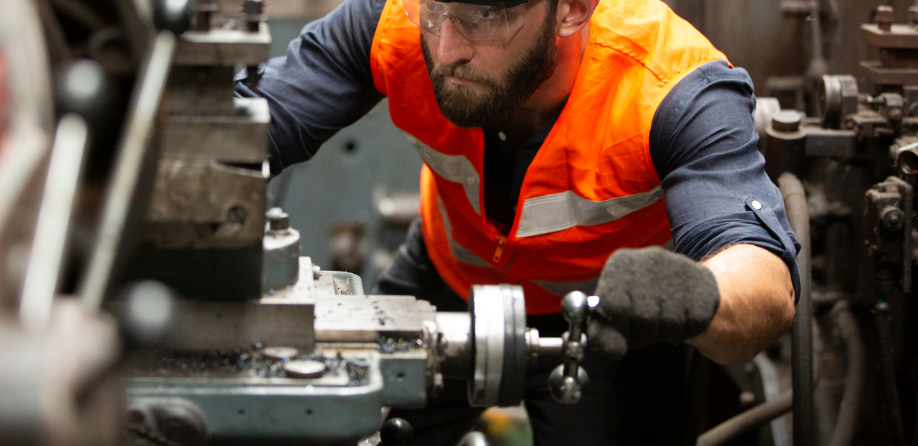Maintenance Engineers hold a crucial position in the engineering sector, ensuring the smooth operation of equipment, machinery, and systems across various industries. With a keen eye for detail, technical expertise, and problem-solving skills, these professionals contribute significantly to the efficiency, safety, and longevity of industrial operations in the United Kingdom. This comprehensive guide explores the responsibilities of a Maintenance Engineer, the pathway to entering this profession, required qualifications, professional organisations overseeing the sector, the demand for these skilled professionals, and the remuneration one can expect.

The Guardians of Efficiency: Maintenance Engineers in the UK
Maintenance Engineers in the UK serve as vital assets to a wide range of industries, including manufacturing, transportation, energy, and utilities. These professionals are responsible for the inspection, maintenance, and repair of machinery, equipment, and systems, ensuring that they function efficiently, safely, and cost-effectively. Their expertise spans a wide range of areas, from diagnosing and resolving mechanical, electrical, and control system issues to devising and implementing preventive maintenance strategies.
The Journey to Becoming a Maintenance Engineer in the UK
The journey into maintenance engineering begins with a strong foundation in the subject. Prospective Maintenance Engineers must obtain a bachelor's degree in engineering, preferably in a discipline relevant to their desired industry, such as mechanical, electrical, or mechatronics engineering. To further enhance their skills and employability, they often pursue postgraduate qualifications, specialised courses, or vocational training in areas such as industrial maintenance, instrumentation, or control systems.
Internships or entry-level positions at engineering firms, manufacturing plants, or utility companies provide invaluable hands-on experience, giving aspiring Maintenance Engineers the opportunity to develop their skills and build a diverse portfolio of projects.
Qualifications: The Building Blocks of a Successful Career
To excel as a Maintenance Engineer in the UK, a thorough understanding of engineering principles, maintenance methodologies, and analytical tools is essential. Strong communication, problem-solving, and time management skills are also crucial, as Maintenance Engineers frequently work in teams and liaise with a variety of stakeholders.
Professional certifications from organisations such as the Institution of Mechanical Engineers (IMechE), the Institution of Engineering and Technology (IET), or the Engineering Council can further enhance a Maintenance Engineer's credentials and elevate career prospects.
Professional Bodies: Safeguarding Excellence in the Maintenance Engineering Sector
Numerous professional organisations govern the maintenance engineering sector in the UK, establishing guidelines, offering certifications, and supplying resources for continuous professional development. Prominent bodies include the Institution of Mechanical Engineers (IMechE), the Institution of Engineering and Technology (IET), the Engineering Council, and the Royal Academy of Engineering, among others.
Maintenance Engineers in Demand: Sustaining the Future of Industry
As the UK continues to push the boundaries of innovation in a rapidly evolving technological landscape, the demand for skilled Maintenance Engineers is steadily growing. Industries striving for efficiency, safety, and reliability in their operations rely heavily on Maintenance Engineers to keep the wheels of industry turning. With advancements in fields such as automation, renewable energy, and manufacturing, the need for proficient Maintenance Engineers is expected to remain strong in the foreseeable future.
Remuneration: Reaping the Rewards of a Maintenance Engineer's Expertise
Maintenance Engineers in the UK can anticipate competitive remuneration that reflects their expertise and experience. Entry-level positions typically offer annual salaries ranging from £25,000 to £35,000, while mid-level and senior Maintenance Engineers can expect salaries from £40,000 to £60,000 or more, depending on factors such as location, industry, and company size.
Maintenance Engineers play a pivotal role in ensuring the smooth operation of the equipment, machinery, and systems that power modern industry. With a solid foundation in engineering, relevant qualifications, and a commitment to continuous learning, a rewarding career as a Maintenance Engineer in the UK awaits. Engage with professional organisations, refine your skills, and seize the opportunities presented by this dynamic and ever-evolving profession. By investing in your education, honing your technical abilities, and staying up to date with industry trends, you can contribute significantly to the efficiency and success of organisations across various sectors, while also securing a promising and fulfilling career in maintenance engineering.


